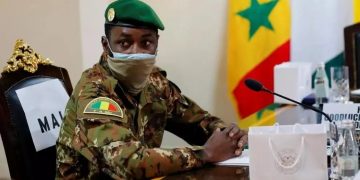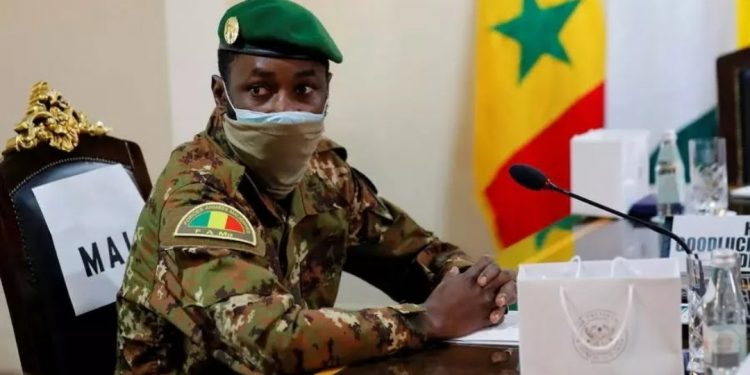By John Ikani
Mali’s former colonial power – France, neighbouring Algeria and the US have backed sanctions slammed on its former colony by West African bloc ECOWAS over delayed elections following two coups.
Leaders of the Western African regional bloc, ECOWAS, imposed sanctions on Mali on Sunday after the Government announced a long delay to the elections originally planned for February.
Meeting in the Ghanaian capital Accra, they agreed to cut financial aid and freeze Mali’s assets at the Central Bank of West African States.
They also decided to recall their ambassadors to Mali.
Support for sanctions
“We are in complete solidarity with the region and with this very courageous and clear stance” by ECOWAS, French President Emmanuel Macron told reporters on Tuesday.
Macron further assured that France which holds the European Union’s (EU) rotating presidency would use powers of the EU to strengthen sanctions on the junta.
The US also hailed the “strong actions” by ECOWAS and said it shared the bloc’s “deep disappointment” over the election schedule.
“We urge the transitional government to keep its pledge to the Malian people to return their country to democracy,” said the US Ambassador to the United Nations, Linda Thomas-Greenfield.
“A five-year transition is not in their interest and extends the pain of the people,” she told a Security Council meeting.
Similarly, the Presidency of Algeria, which shares a long border with Mali, on Tuesday also called on the junta to negotiate with ECOWAS and “reach a plan to end the crisis, taking into account international demands and the legitimate demands of the Malian people”.
In case you missed it
The latest political crisis caps a period of steadily deteriorating relations between Mali and its neighbours and partners, which began after Goita led a coup in August 2020 that toppled President Ibrahim Boubacar Keita.
Under threat of sanctions following that putsch, Goita had promised to hold presidential and legislative elections and to restore civilian rule by February 2022.
But the strongman staged a de facto second coup in May 2021, forcing out an interim civilian government and disrupting the timetable to restore democracy.
Goita also declared himself Interim President.
Then in December, his Government proposed staying in power for up to an additional five years.
It argued, among other reasons, that rampant insecurity in Mali prevents it from staging safe elections according to the agreed timetable.
The vast nation of 19 million people is in the grip of a jihadist insurgency, and swathes of territory are outside Government control.



































